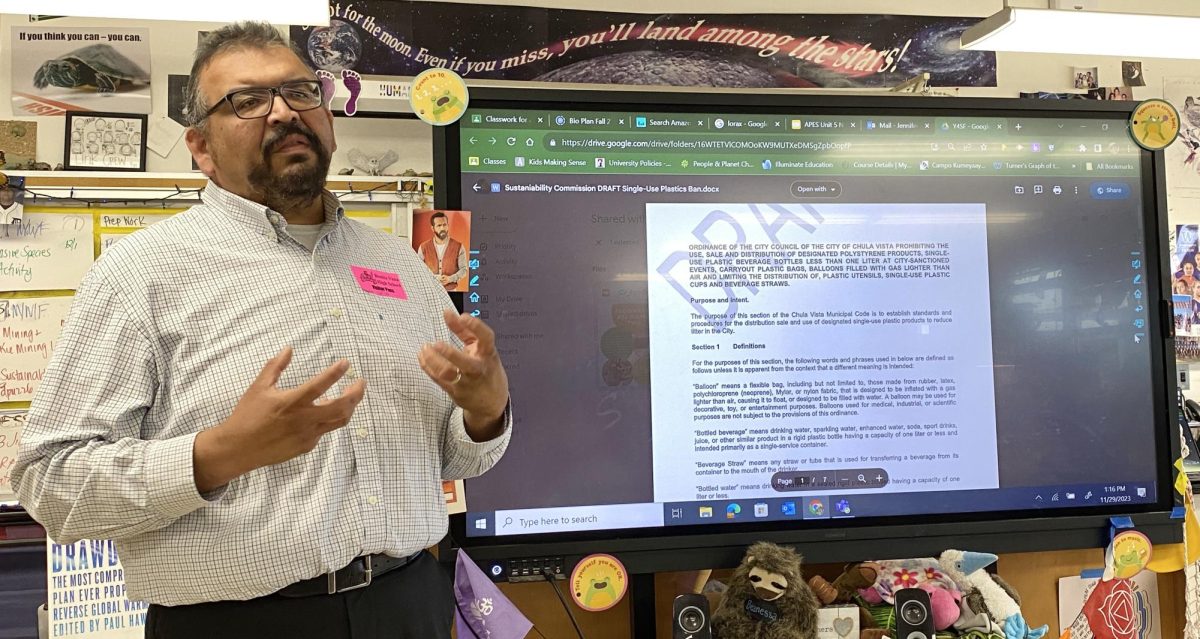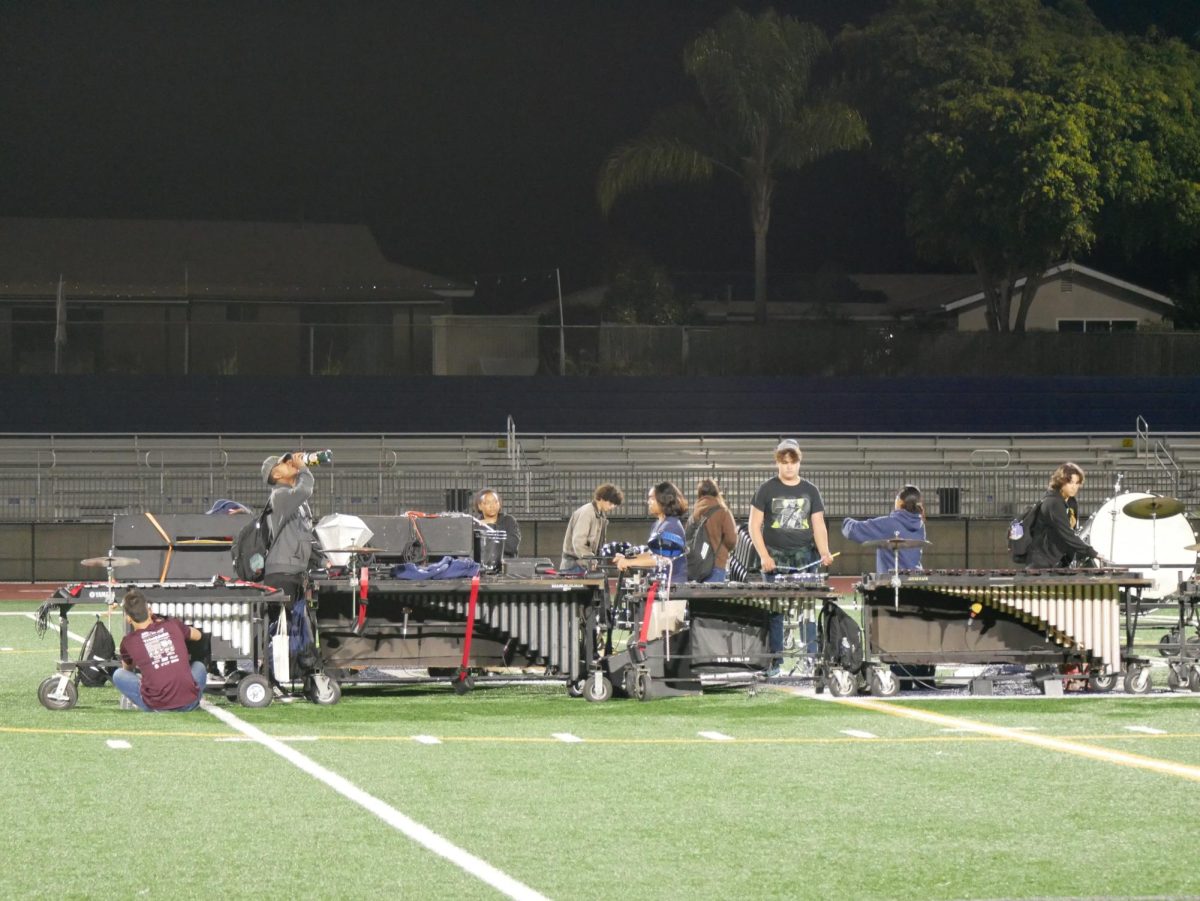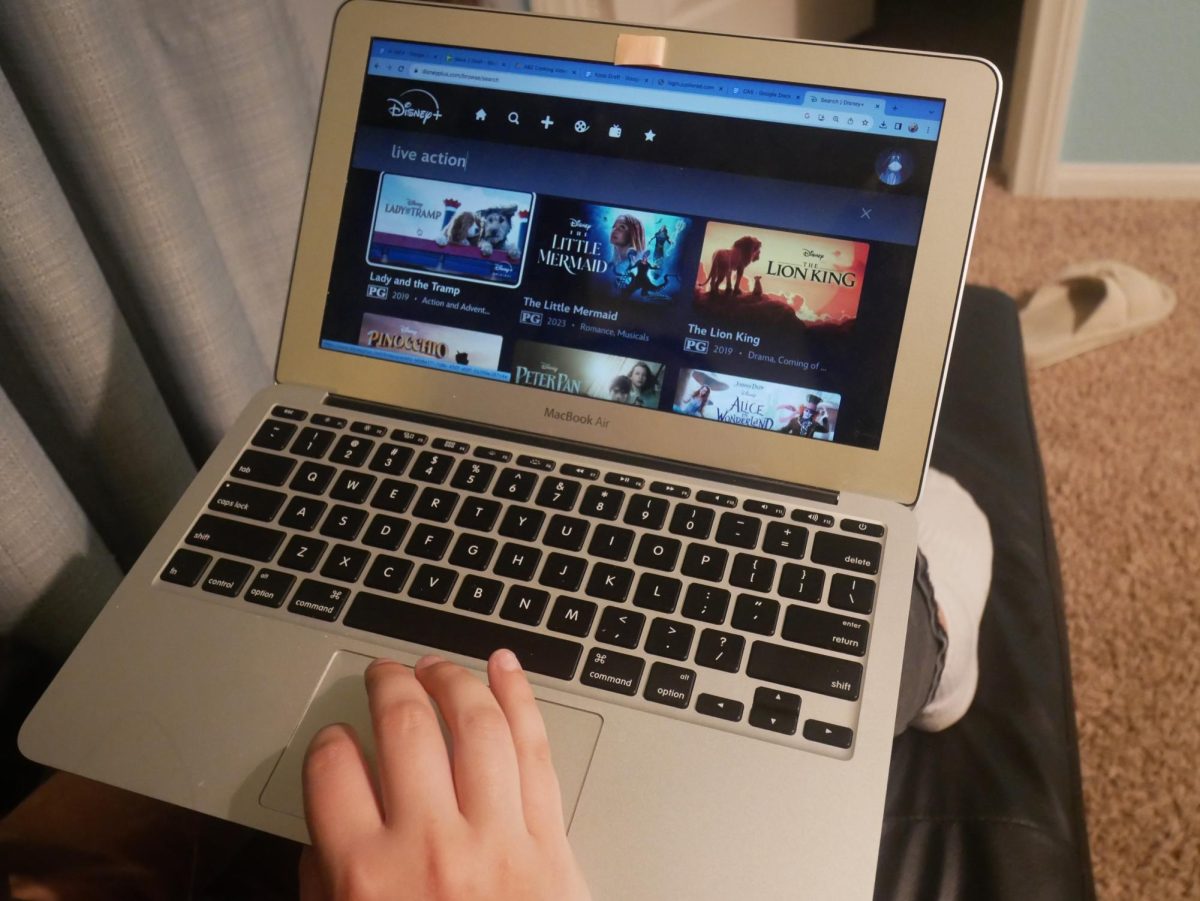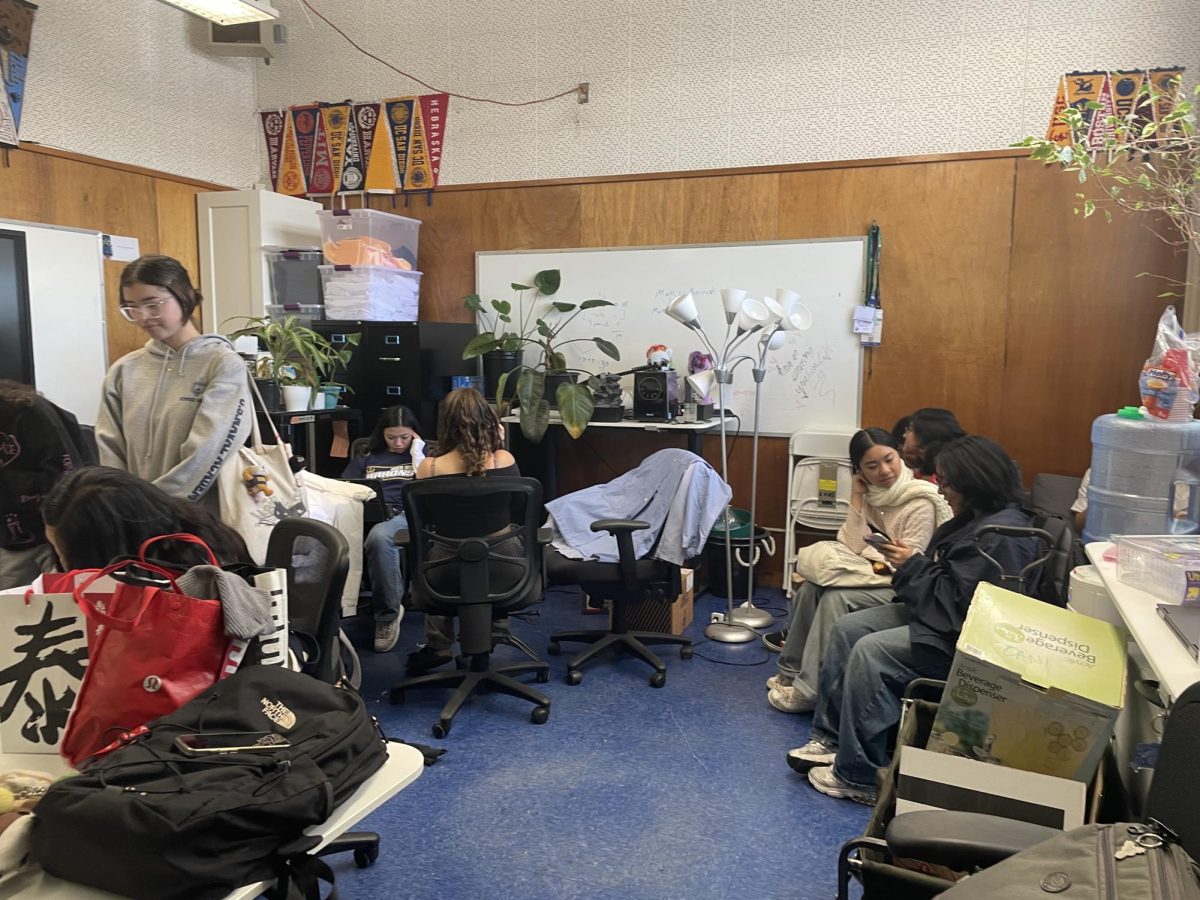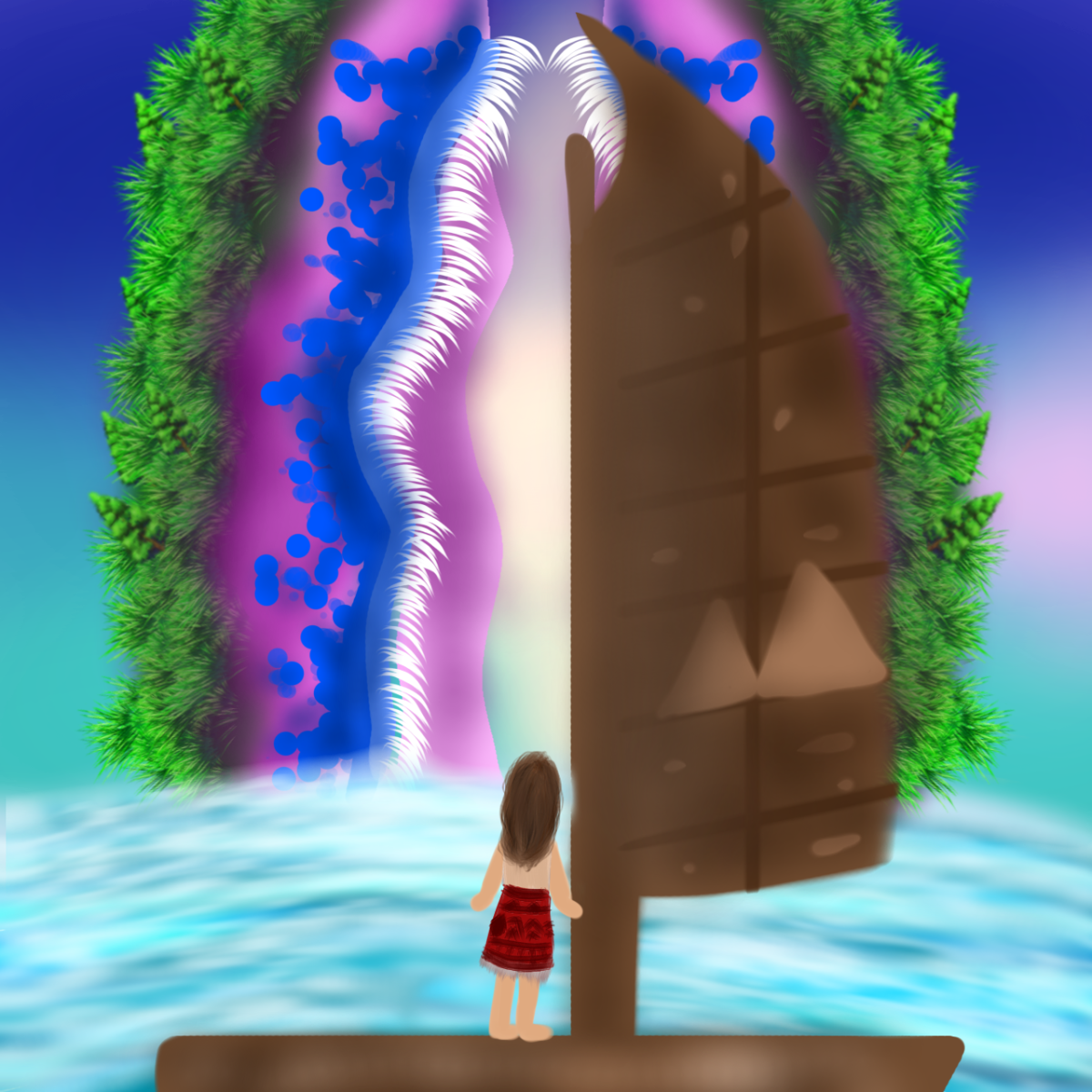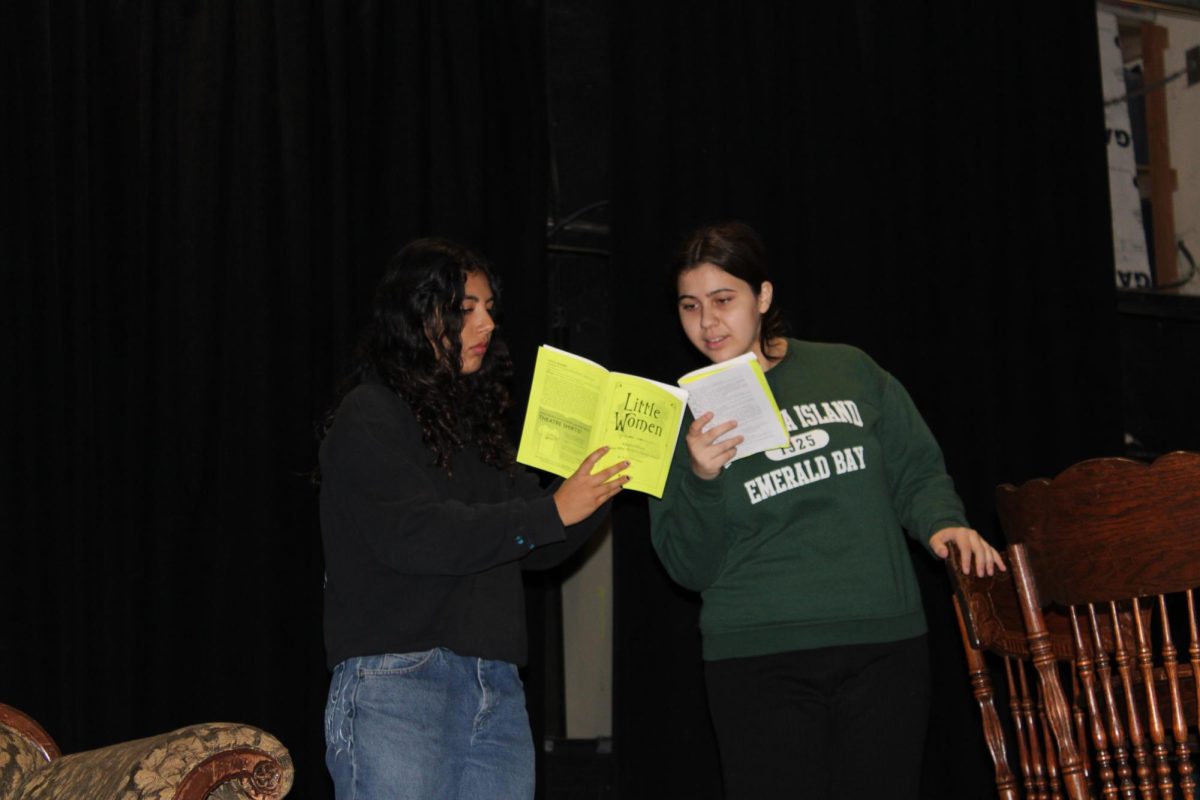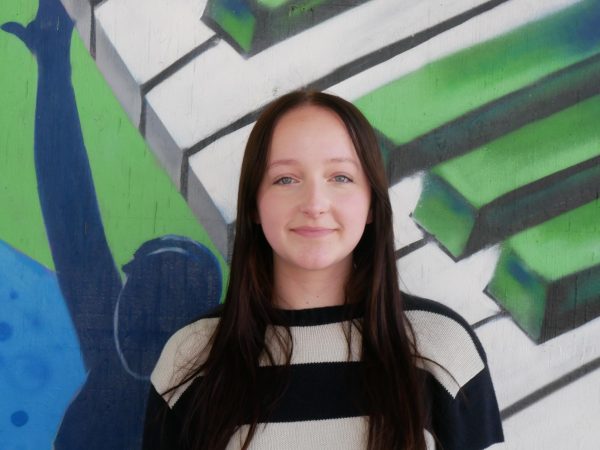On Nov. 29, Chula Vista’s Environmental Services Manager Manuel Medrano visited Bonita Vista High (BVH) students to present the Chula Vista’s Single Plastics ban draft. The ban looks to eliminate the use of single use materials and minimize the amount of this material imported into Chula Vista. After BVH Youth for Sustainable Future (Y4SF) and Green Team students requested information from the city council regarding the ban, Medrano requested to talk to the students and encourage their input on the draft.
During the lunch presentation, Medrano shared a Google Drive for students to access a variety of documents he would present including the draft of the ban, tips to living sustainably and flyers sent to all homes in Chula Vista regarding single plastics and composting. Throughout the meeting, Medrano emphasized the importance of collaboration within the community.
“The students could also provide me information and provide feedback on the ban itself. Anytime there’s any type of issue, whether it’s about the environment, crime, or homelessness. Any issue that they want to bring up to their city council, to their government representatives, they can always go and make sure that they get their voices heard,” Medrano said.
Moreover, the presentation allowed for the BVH students to be on the same page and have an open discussion about the ban’s various components. Medrano highlighted the importance of student voices and support needed for all ideas.
“The main goal is to make sure that students understand that the draft of this law is already being worked on and to make sure that they understand that they’re being listened to. [They need to know] that we’re paying attention to what their requests are and what they need from the community,” Medrano said.
Furthermore, Advanced Placement (AP) Environmental Science, International Baccalaureate (IB) Environmental Systems and Societies (ESS) and Biology teacher Jennifer Ekstein values the importance of urging city officials to reach out to the younger generations. She describes how students are the future of society and the importance of educating them.
“The students are our future, they are the ones that are going to be the politicians. They are going to be the policy makers and I think it’s really important that they are educated with all the information they need so they can go out and be an agent of change for their community,” Ekstein said.
Students like junior Katelynn Flores Alatorre have been a part of the discussion regarding the single plastics ban within Green Team and have planned to take on this important issue. Flores Alatorre describes the experience so far and how members look to expand their reach within the community in support of passing the ban.
“There are a number of opportunities that are a great way for us all to get involved. The presentation was a great opportunity to learn more about this issue and what we can do to help encourage and educate people like our family and friends about it,” Flores Alatorre said.
Medrano explains how the ban has been in the works since 2017, within Chula Vista’s office of sustainability and has since been altered over the years. He further adds how challenges arose and led to a delay in the submission of the ban proposal.
“Back in 2017, [the ban] was required by the city’s climate action plan and we started to gather all the groups and the information required together. Unfortunately, COVID-19 got in the way and we reconvened. Now we have finally finished up the draft,” Medrano said.
The Single Plastics ban draft proposes the ban of various commonly used items that are made up of materials such as balloons, certain grocery store bags and packaging material. Though this ban can pose as a challenge, Medrano explains the office of sustainability’s optimism and hopes to pass all of what the ban entails.
“If the ban is passed, balloons will not be sold [and used] in Chula Vista. As well as polystyrene or styrofoam containers and material or products in Chula Vista. Plastic cups that are only for one use as well as single use straws, utensils and plastic bags would no longer be sold,” Medrano said.
Moreover, Ekstein explores how the issue reflects and connects to BVH’s campus. She notes how there may be difficulties with having the school adapt to this change and difficulties that arise when schools attempt to find loopholes within the rules and regulations.
“The big issue we’re gonna have is our school’s gonna follow suit. Let’s say the single use ban ordinance goes into effect: Are schools going to abide by some of the same rules? One of the issues that I’ve been involved with is that schools can skirt around some of these rules,” Ekstein said. “We’re hoping that we can put enough pressure when this does pass because when we’re picking up trash, it’s usually picking up plastic.”
As a result of the mass amount of plastic found on campus, Ekstein hopes to educate Chula Vista on the negative effects of using single use plastics. She further describes the significance of leading a sustainable life and encouraging others to do the same.
“The whole goal is to make everything more sustainable and healthy. We are all eating about a credit card size of plastic and inhaling it almost every two weeks. That’s not healthy. There are toxins attached to these plastics,” Ekstein said. “We know that some plastics have chemicals that can lead to endocrine disruption and all sorts of diseases. It’s about reducing this amount, reducing it in the environment, and making our community much more sustainable and healthy.”

